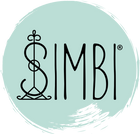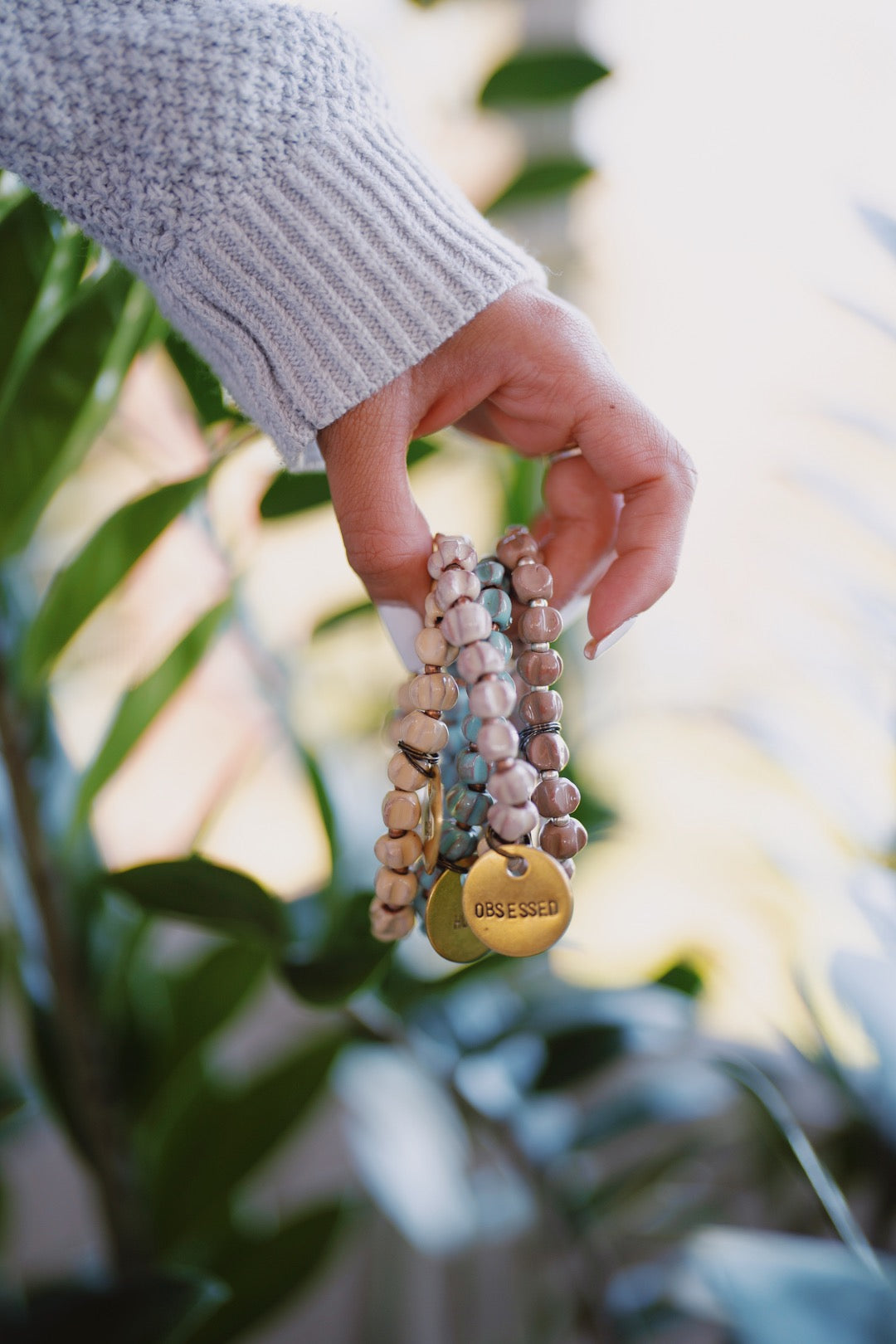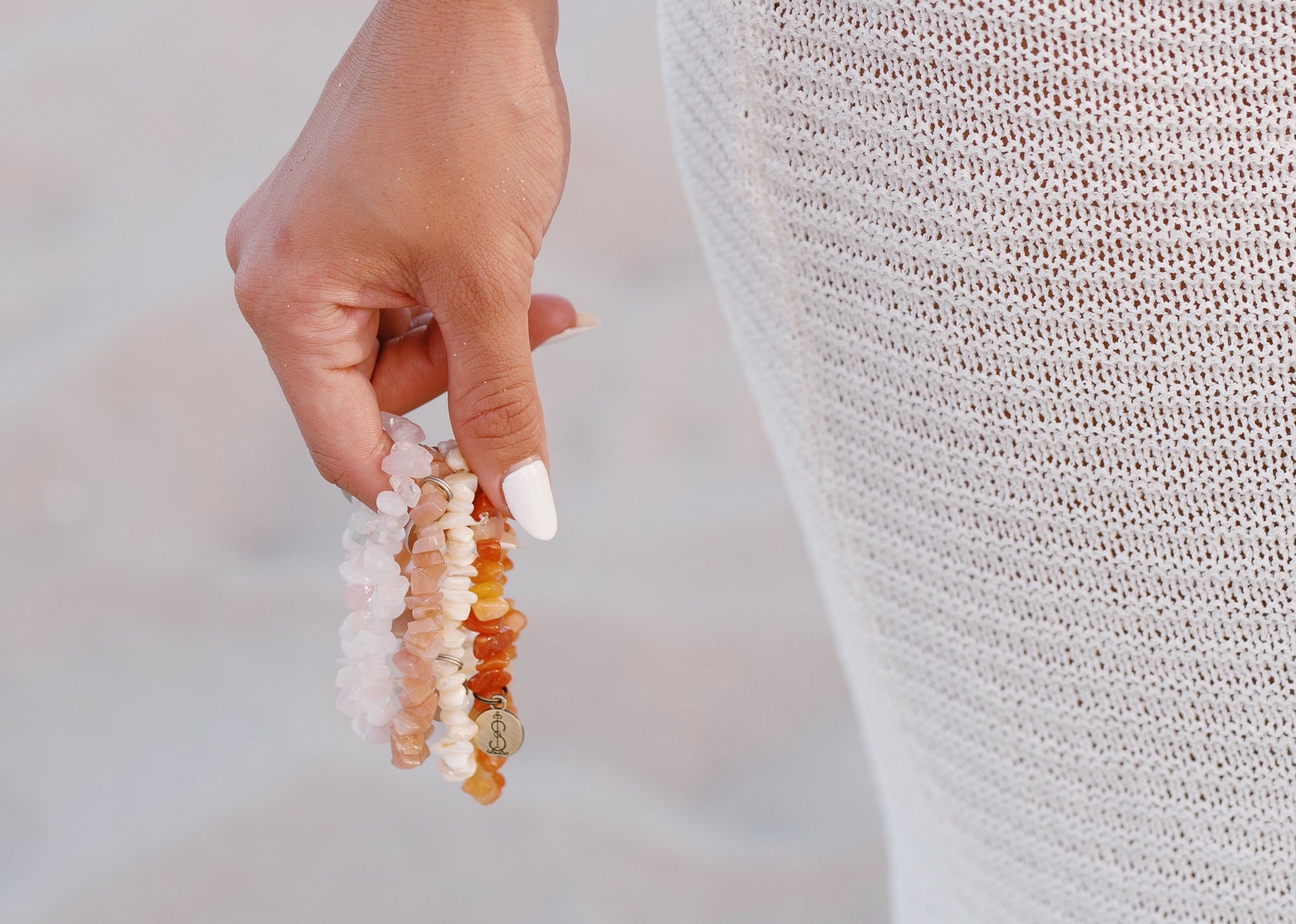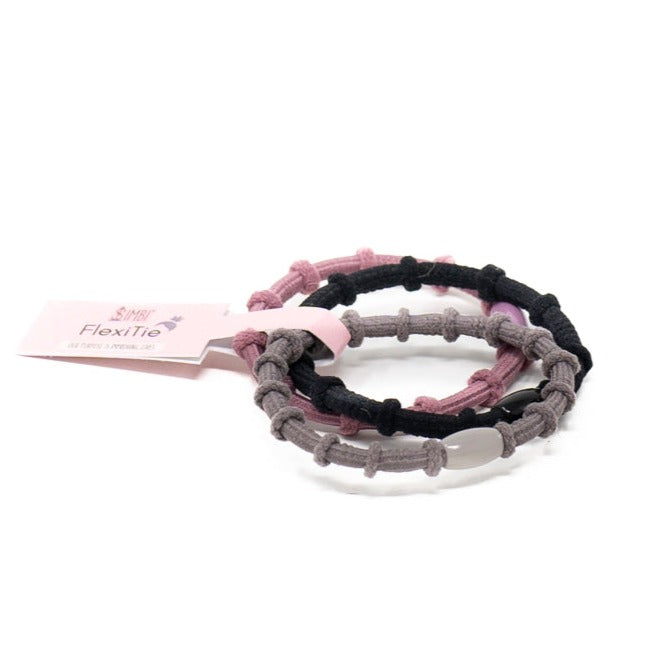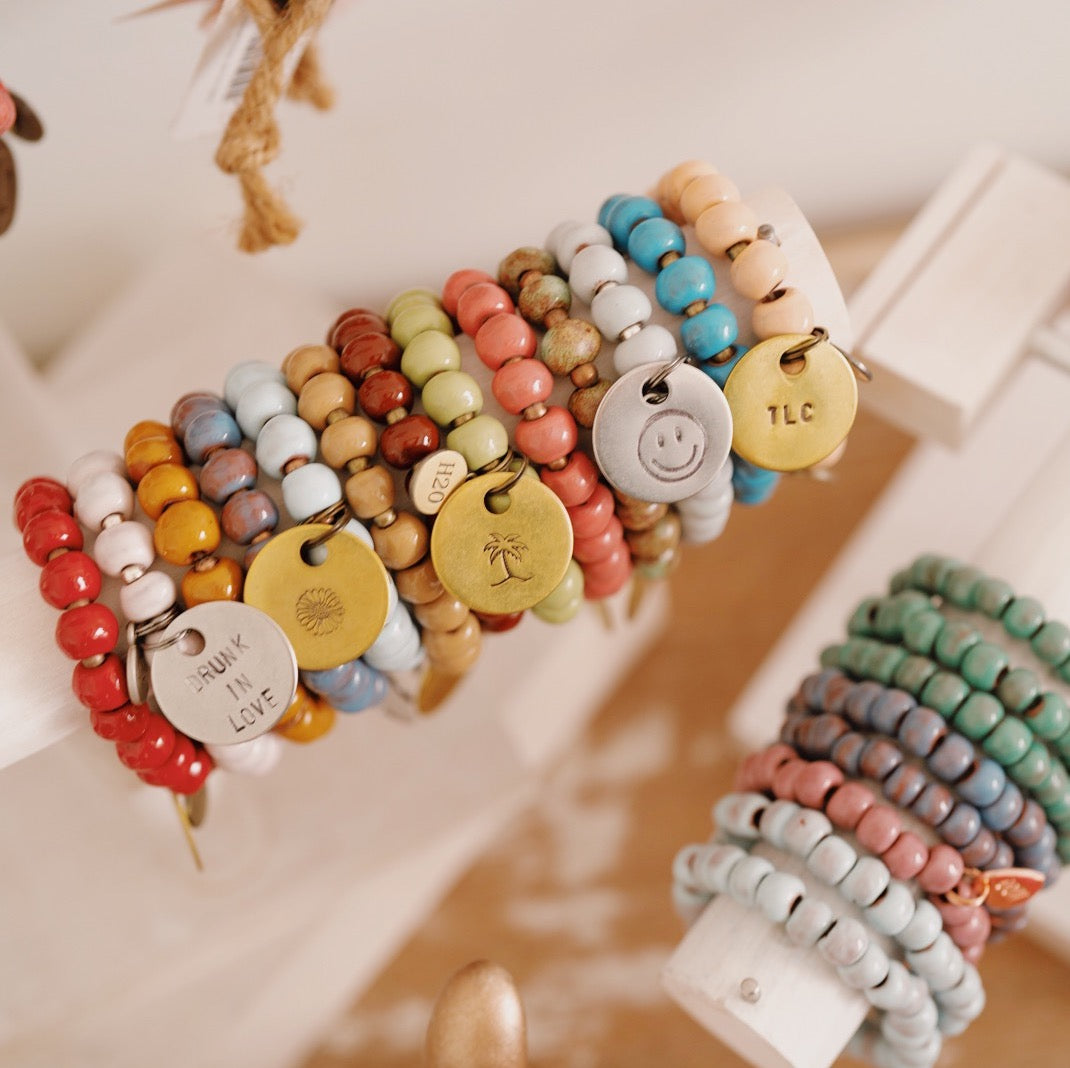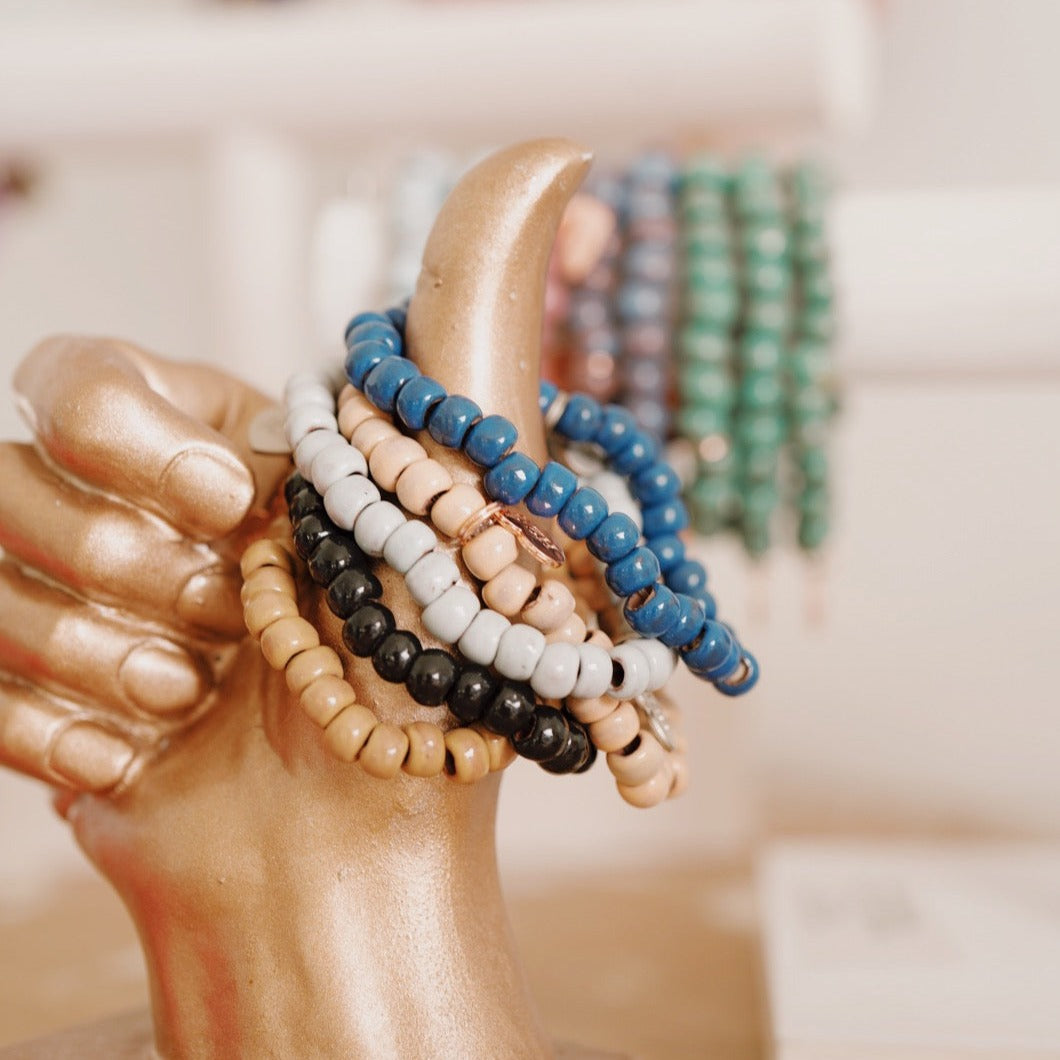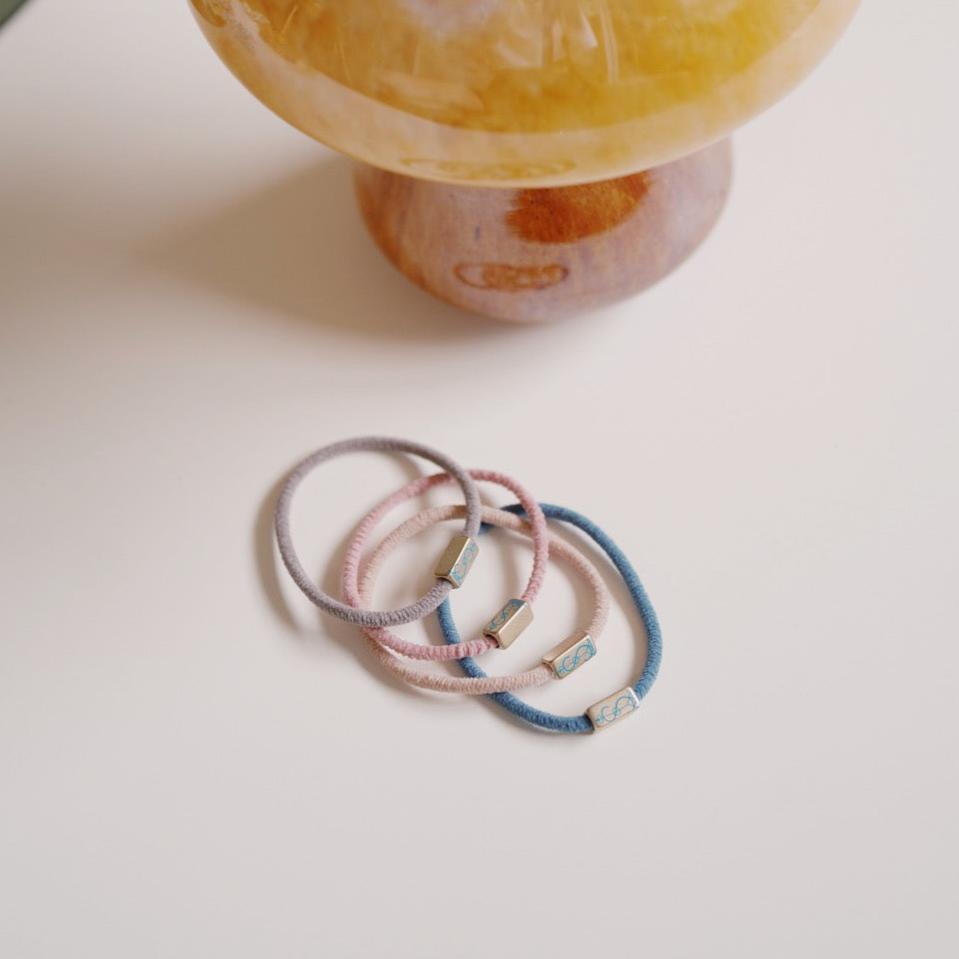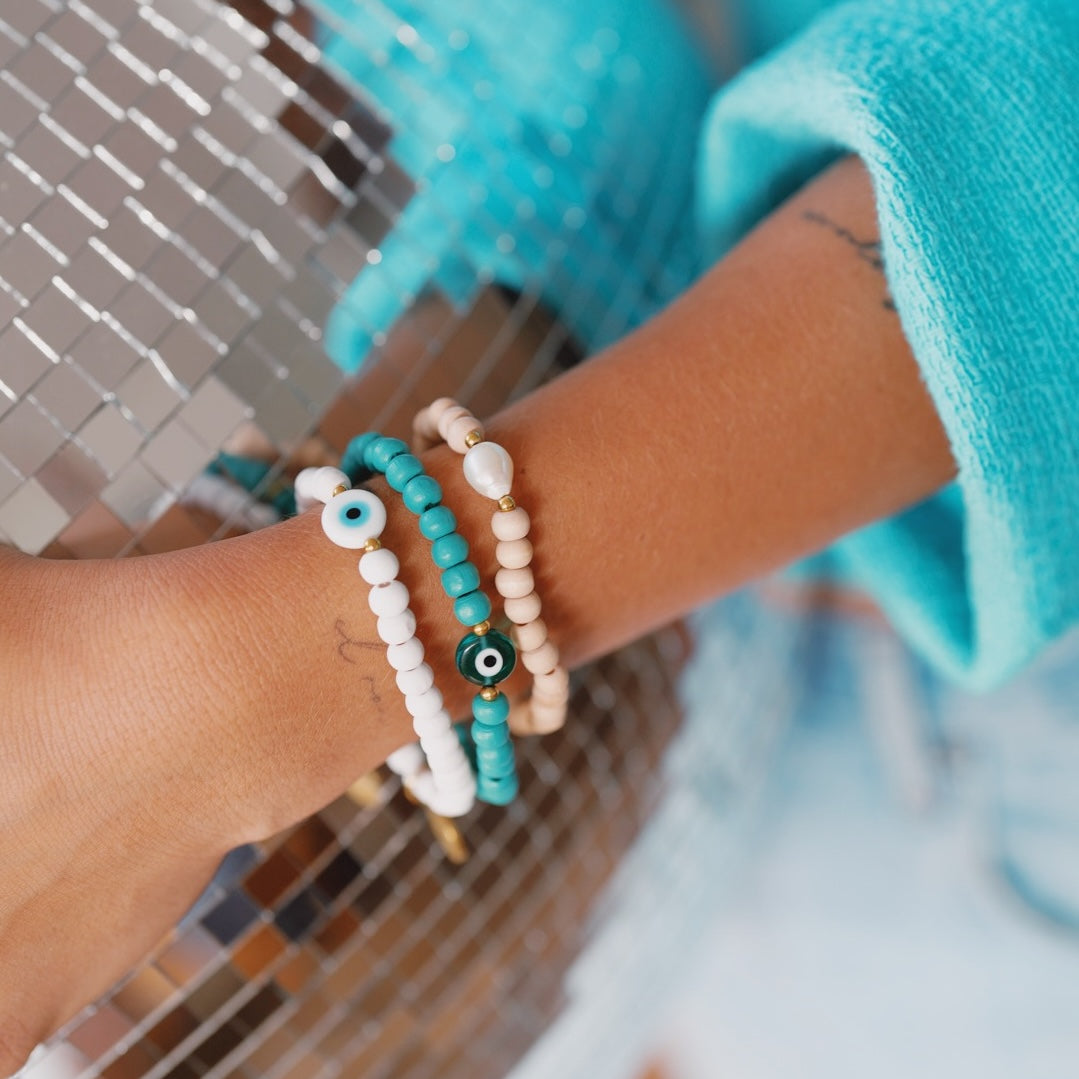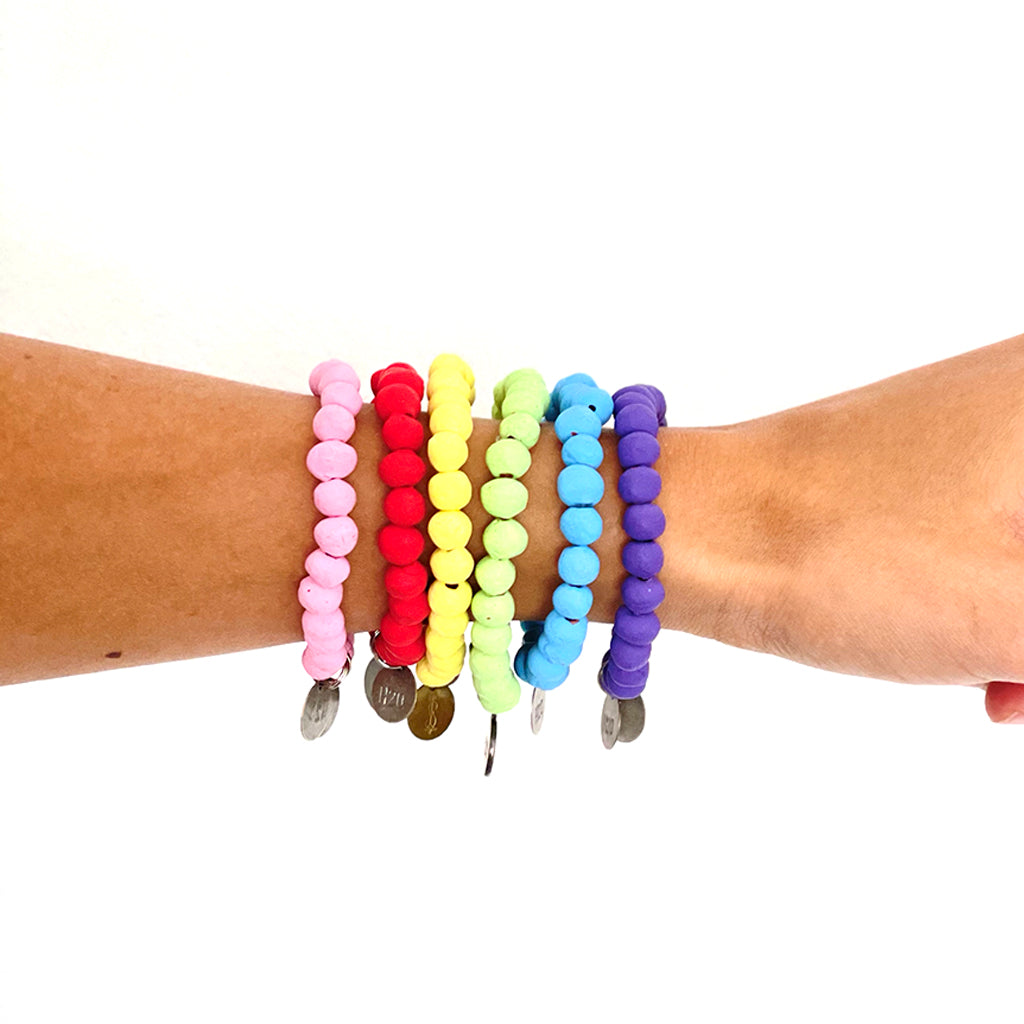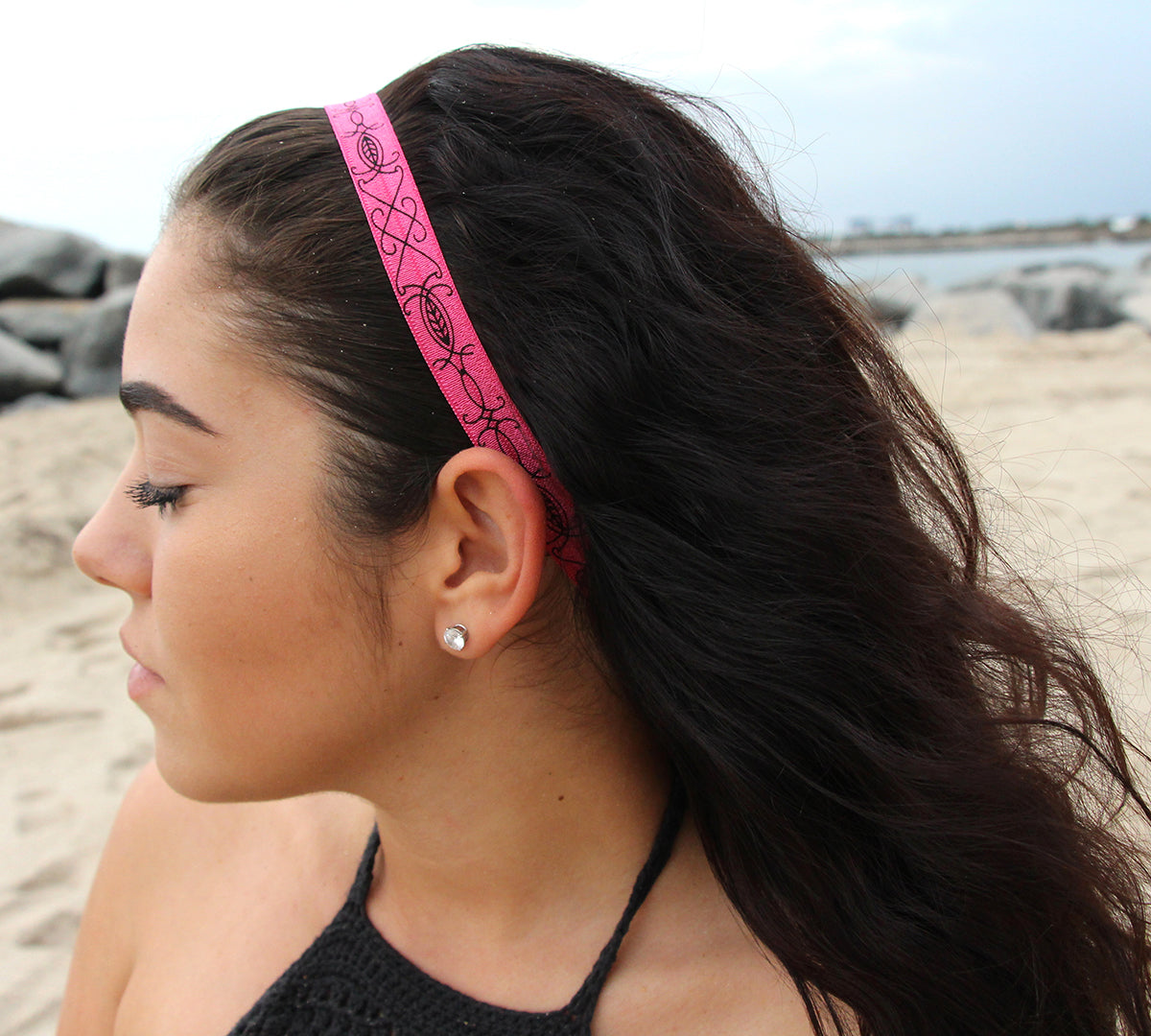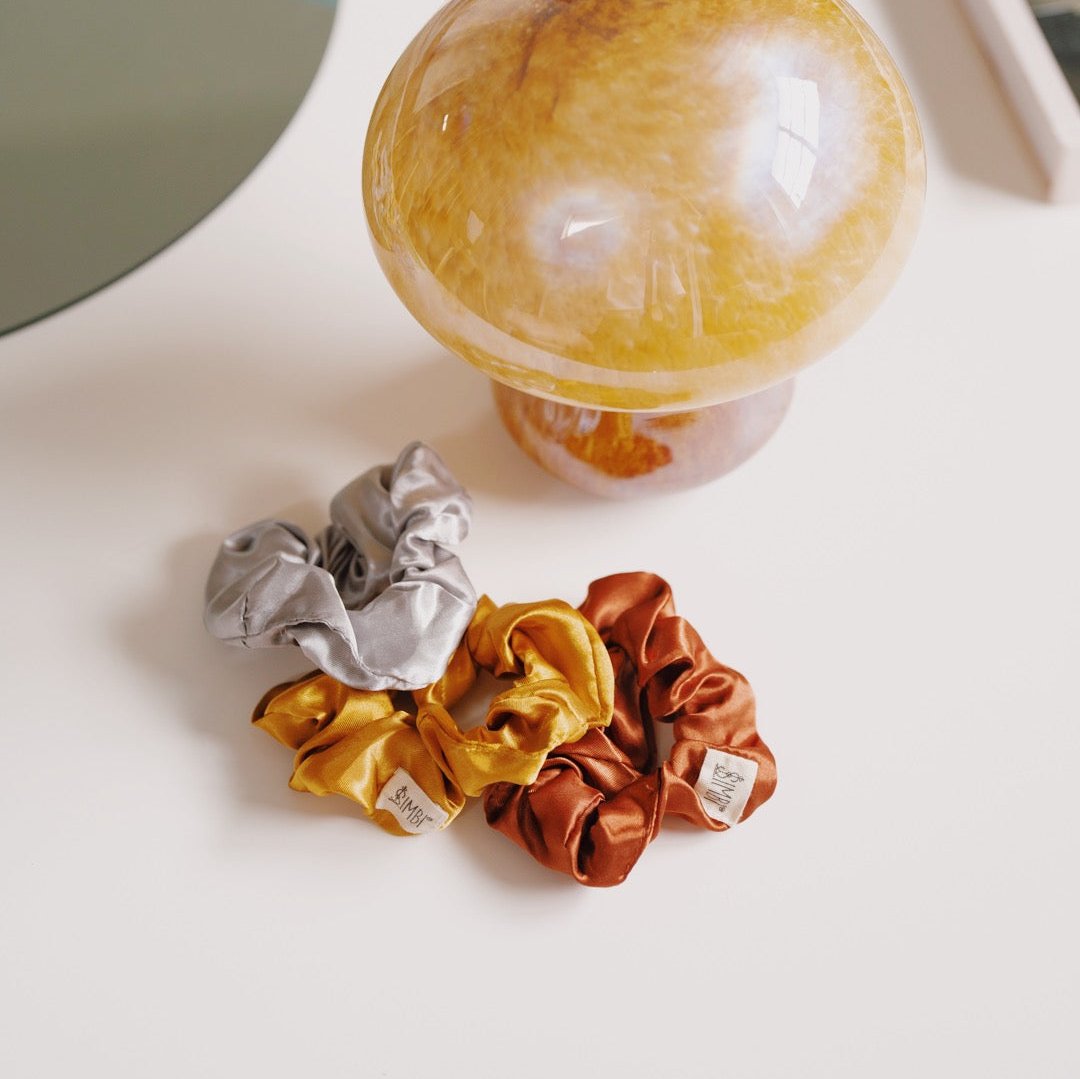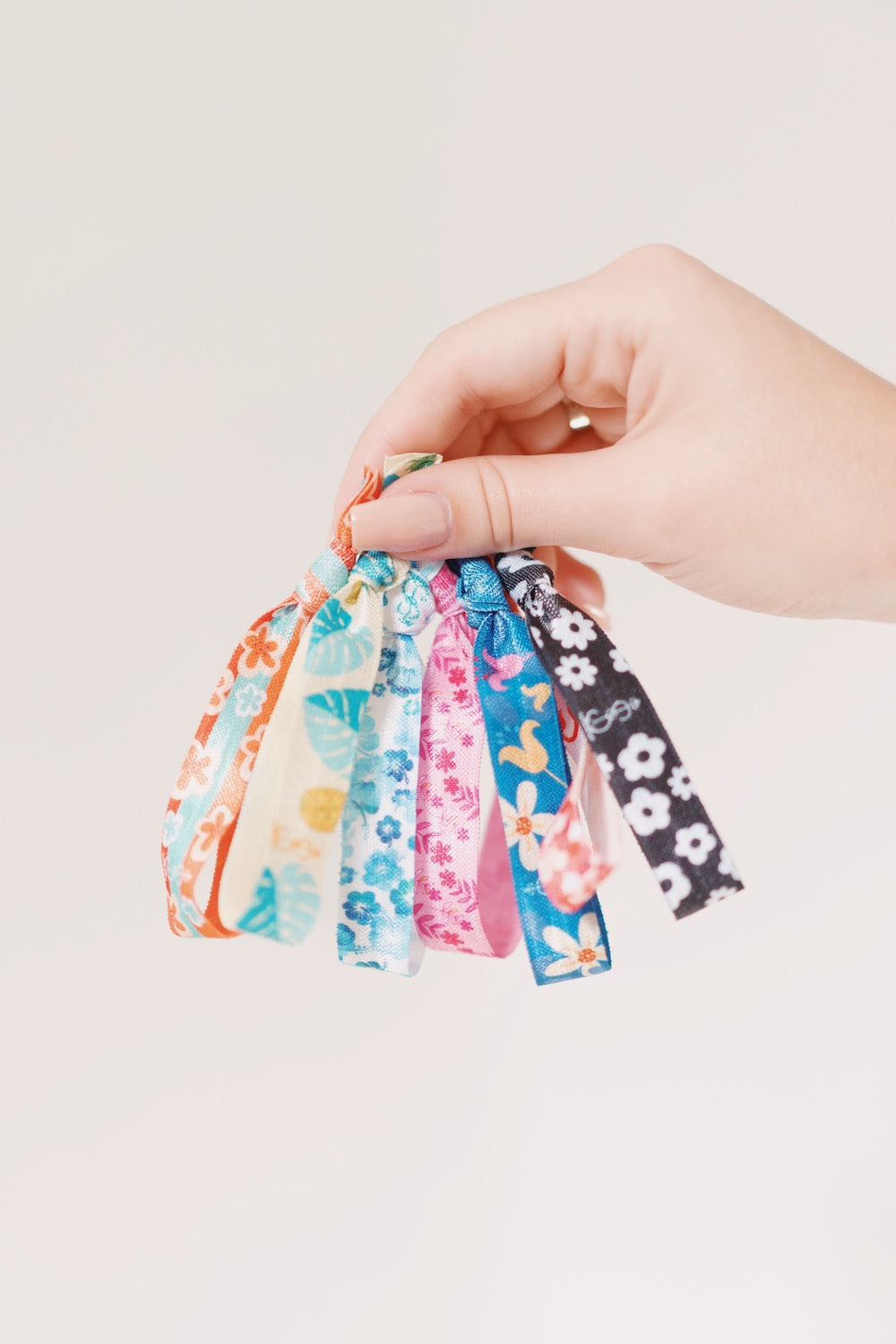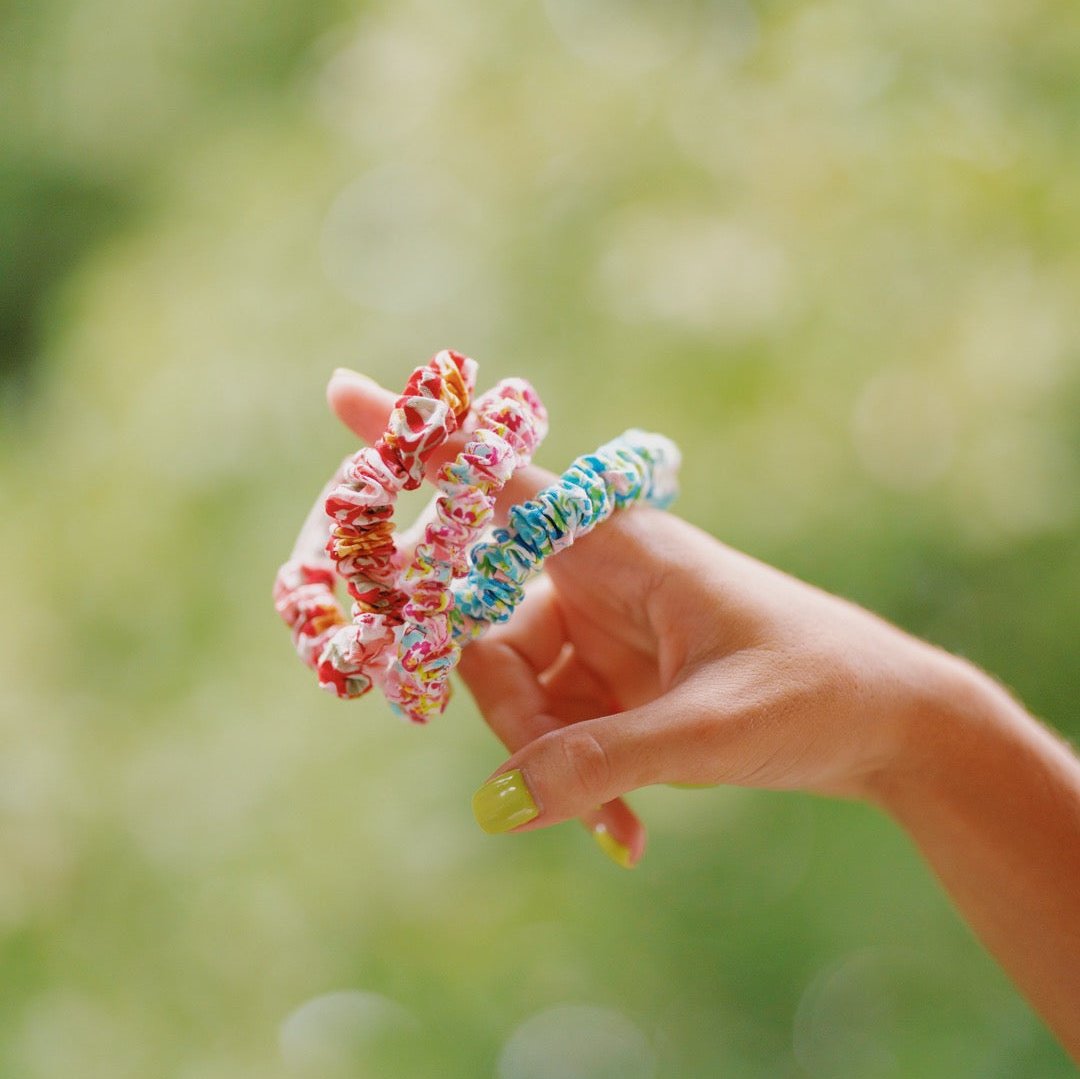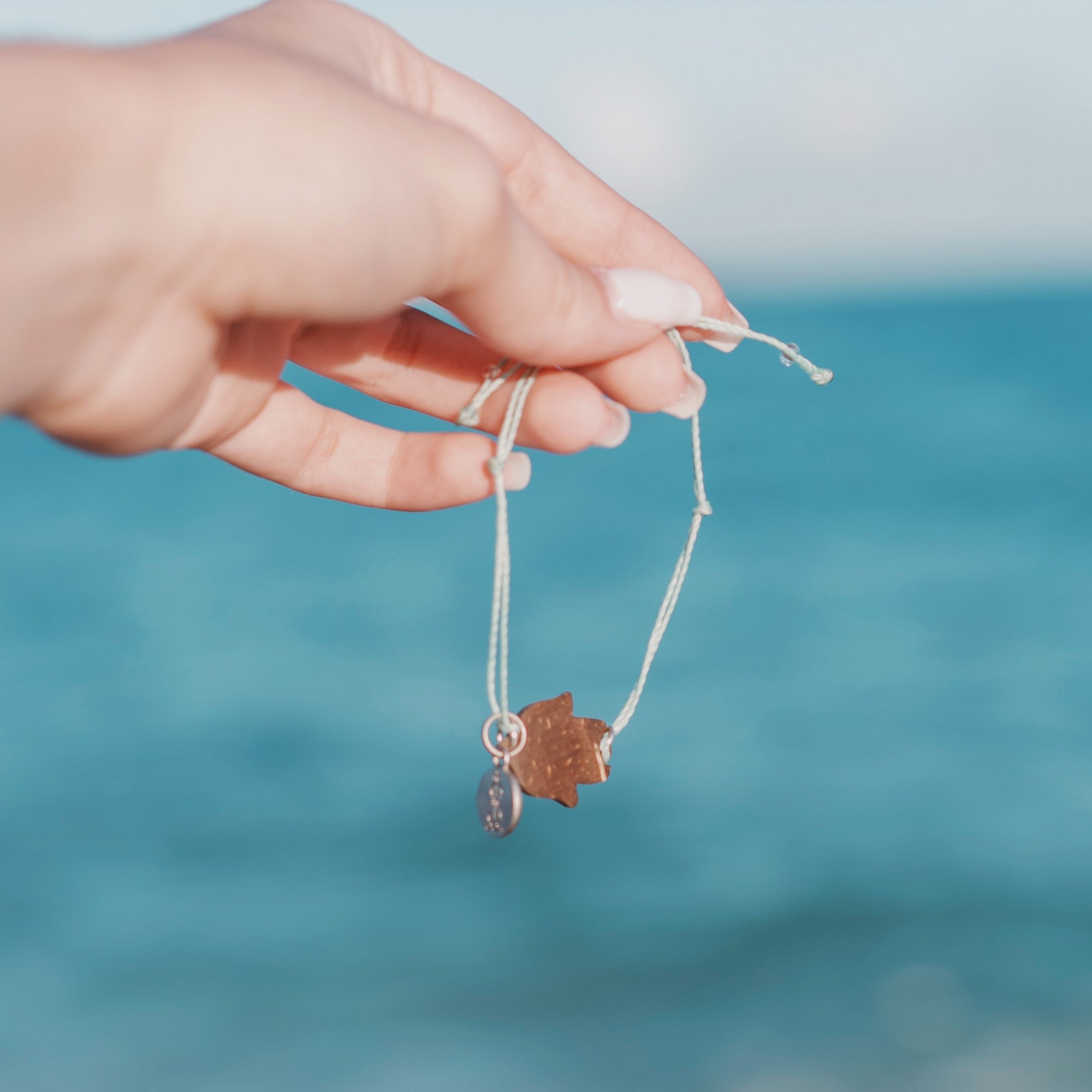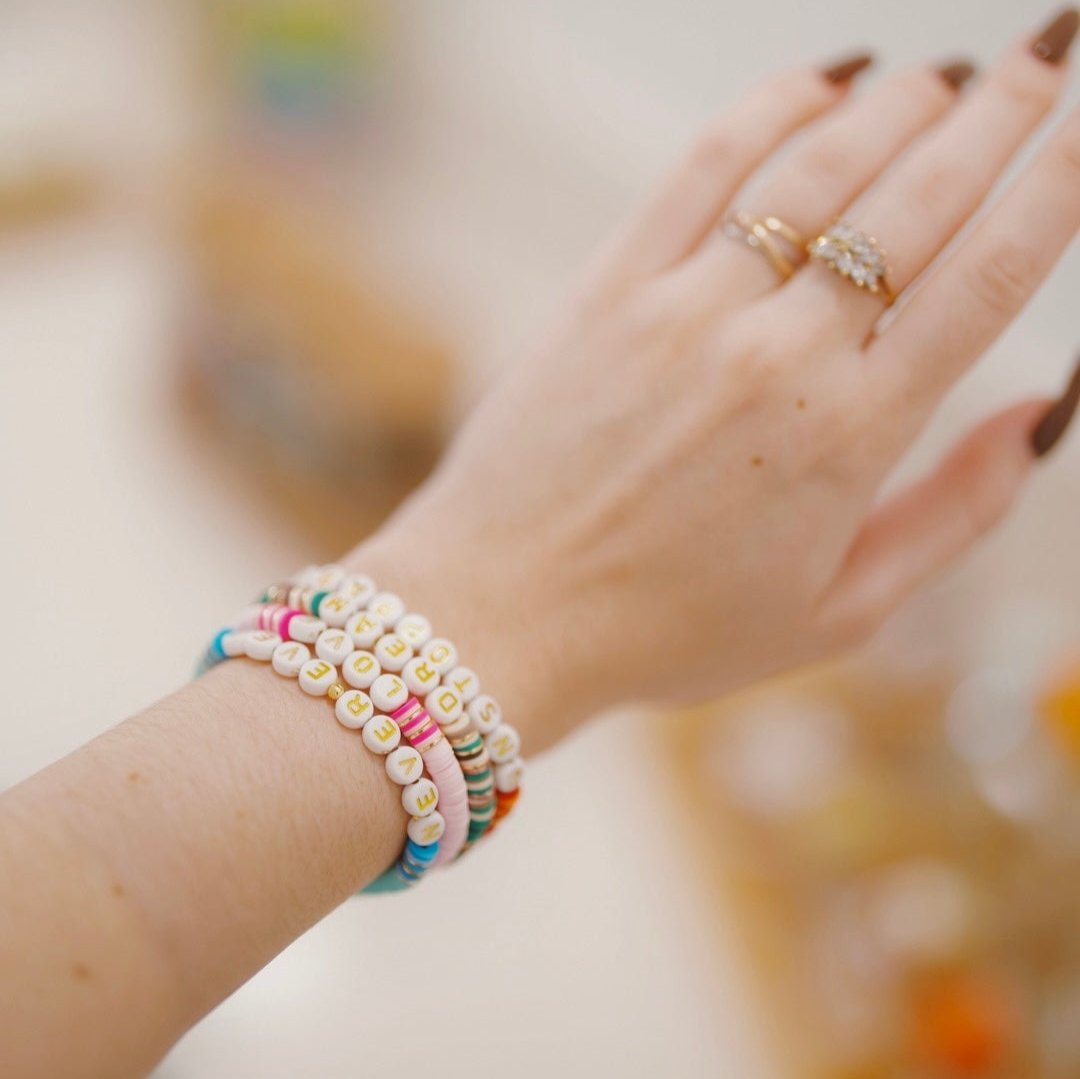Sustainability
Simbi GOES SOLAR!
Relying solely on solar-powered energy provided by NRG, Simbi’s manufacturing facility in Haiti has a zero carbon footprint.
We use organic, biodegradable products and follow a philosophy of up-cycling, falling directly in line with the founding partners’ commitment to corporate social responsibility.
Furthering these efforts, we proudly support and promote charitable and environmentally-conscious organizations such as Watering Minds, DLOHaiti, Life Giving Force, Friends of the Orphans, Artists Institute and CIMEX.
Simbi Ethical Fashion Manifesto
“Why fashion shouldn’t cost the Earth”
We are often asked why our handmade products are at higher price points than products that “look” like ours.
Easy Answer: Ethical materials, fair wages, quality slowly and carefully handmade products, and an ethical supply chain.
Long Answer: Currently, the fashion industry is responsible for more carbon emissions than aviation (at 8%) and a quarter of the world’s chemical use. Globally, we discard 2.1 billion tons of unwanted clothing every year. Simbi utilizes a low carbon manufacturing and supply chain system to combat this eco-travesty.
At Simbi, we have always focused heavily on the development and curation of our materials. We use materials that are responsible and safe, including recycled, up cycled and non-toxic materials to continuously lower our footprint of production, to name a few. It’s important not just to choose sustainable fabrics at random, but to make sure that the root materials are non-toxic and safe to wear against skin or hair.
Our manufacturing facilities use dyes, the sun or fire pits, that result in a 50% decrease in water use, 45% decrease in gas and a 30% decrease in any toxic chemical use. All of the chemicals we use are non-toxic, water-soluble, and re-enter the water system without negative environmental impact.
Our accessories are made ethically with integrity and quality, using materials and craftsmanship that endure, by crafts people who we have come to know well over the years, and are designed to be cared for and to stay with you for years to come. Our products LAST.
Even our up-cycled packaging is made to be kept and used for any little treasures our customers have.
Our fair wage practices are also a critical component of our process - unlike the in-humane wages that are famously used to create fast fashion products in China, by companies like SHEIN and AliBaba.
For example: Shein’s profile has risen dramatically over the past few years, growing by word-of-mouth via social media giant TikTok (another Made in China joint) and is especially popular among Gen Z. Wired reported in May that the company claims 28% of the U.S. fast fashion market, and is valued at $100 million, higher than the combined worth of mainstays H&M and Zara.
Shein stands accused of a whole host of bad behavior, but arguably the worst is how it makes its goods. For starters, there’s a strong possibility that the company is reliant on forced labor for at least some of its products. The brand manufactures its clothing via a network of thousands of suppliers throughout China. Around 80-85% of the cotton in Chinese-made apparel comes from Xinjiang, where the State Department says a genocide is taking place and forced labor is used to make everything from clothing to solar panels to vinyl flooring to car batteries. But the evidence is so strong that forced labor is being used to harvest cotton that companies like Patagonia have stopped sourcing cotton from China entirely.
